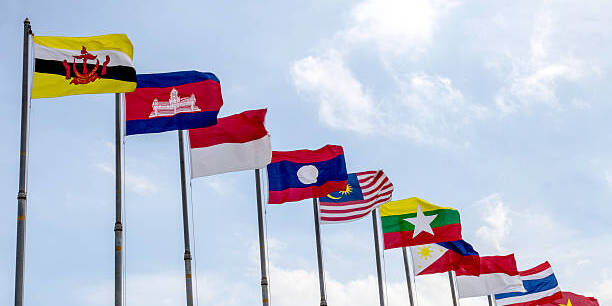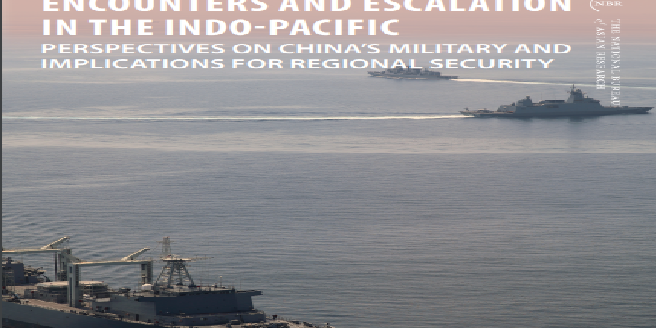Novena Clementine Manullang, Chloryne Trie Isana Dewi, & Achmad Gusman Siswandi, Padjadjaran University, for JH Ius Quia Iustum
Abstract
In order to assert its geopolitical claims in the South China Sea region, China has used an unusual method, namely the use of its fishing industry as a reserve power called maritime militias. This research aims to analyze the status of civilian fishing vessels that play a dual role as Chinese troops, as China often sends maritime militias to carry out diplomacy with low-scale violence against other countries in the South China Sea. This research also analyzes the urgency of the legal framework that inevitably regulates the use of maritime militias. This study uses a normative juridical approach by analyzing relevant international instruments, in general the 1982 Law of the Sea Convention, ILC Articles on the Responsibility of States for Internationally Wrongful Acts, and ongoing negotiations between ASEAN and China in the formation of the South China Sea Code of Ethics . The analysis in this study concludes that: first, Chinese maritime militias only have the status and rights of private vessels; Second, the actions of the Chinese maritime militias can be imposed as actions of the state (China); and Third, there is an urgent need for specific regulations regarding maritime militias.
Authors
Novena Clementine Manullang (novenaclementine@gmail.com), is Student at the Faculty of Law, Padjadjaran University.
Achmad Gusman Siswandi and Chloryne Trie Isana Dewi are Assistant Professor in Faculty of Law, Padjadjaran University.
Click here to read the original article at JH Ius Quia Iustum.
Feature Image: from U.S. Navy photo/Released, via Wikimedia Commons


